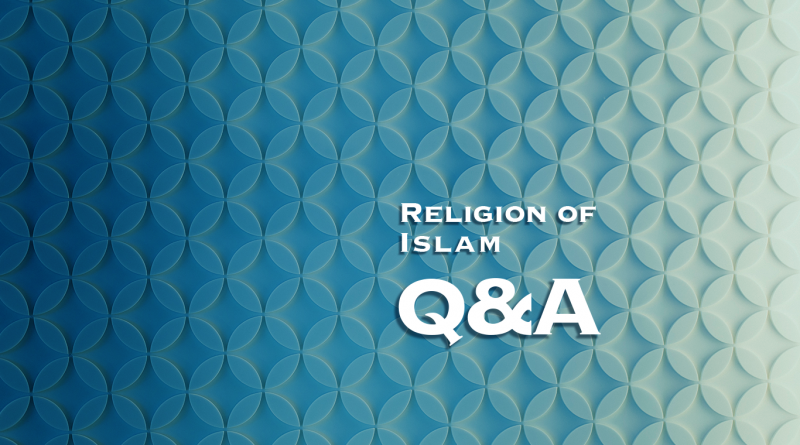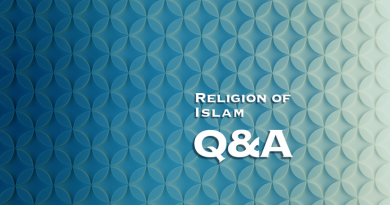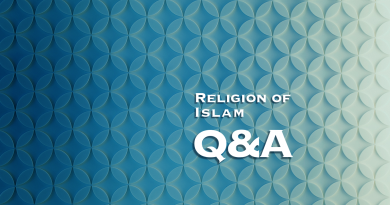How to perform the two units of prayer after the ablution
Question:
My doubts are regarding the two rakaat after performing the ablution.
1.- Did Prophet Muhammad, peace be upon him, pray them whenever he made the ablution, in any time, even in the prohibited time to pray?
2.- What if I make wudu and I want to pray the 4 rakaat rawaatib before dhuhr? Should I pray the two rakaat, then the four rawaatib, and then the four obligatory of dhuhr prayer?
3.- What if I make the ablution in order to pray Ad-duhaa prayer? Do I pray these two rakaat and then pray Ad-Duhaa?
Zaynab Al Kateb:
Shaikh ibn Al-‘Uthaymeen explained this when he said:
وأما سنة الوضوء ننظر هل قول الرسول صلى الله عليه وسلم: “من توضأ نحو وضوئي هذا ثم صلى ركعتين لا يحدث فيهما نفسه غفر له ما تقدم من ذنبه”(1). فهل مراده صلى الله عليه وسلم أنه يوجد ركعتان بعد الوضوء، أو أنه يريد إذا توضأت فصل ركعتين، ننظر إذا كان المقصود إذا توضأت فصل ركعتين، صارت الركعتان مقصودتين، وإذا كان المقصود أن من صلى ركعتين بعد الوضوء على أي صفة كانت الركعتان، فحينئذ تجزئ هاتان الركعتان عن سنة الوضوء، وتحية المسجد، وراتبة الظهر، والذي يظهر لي والعلم عند الله أن قول الرسول صلى الله عليه وسلم “ثم صلى ركعتين” لايقصد بهما ركعتين لذاتيهما، إنما المقصود أن يصلي ركعتين ولو فريضة، وبناء على ذلك نقول: في المثال الذي ذكره السائل: إن هاتين الركعتين تجزئان عن تحية المسجد، والراتبة، وسنة الوضوء.
Translation:
As for praying sunnah ablution we need to consider the meaning of the Hadith of the Prophet (peace be upon him):
من توضأ نحو وضوئي هذا ثم صلى ركعتين لا يحدث فيهما نفسه غفر له ما تقدم من ذنبه
“Whoever makes wudu and prays two Rakaat where he doesn’t have any personal thoughts during praying, Allah will forgive his sins.”
Does this hadith indicate a sunnah of praying two rakaat of ablution or does it indicate to pray two rakaat in general?
It appears to me (Shaikh ibn Al-‘Uthaymeen) that the meaning of the hadith is general and indicates praying two rakaat after every ablution, accordingly if you prayed two rakaat rawatib of Duhr or Duha prayer this is sufficient to include the virtue of the hadith.
As for the prohibited times for praying this is in case of praying a nafilah “mutlaqa,” meaning, a non specified prayer. However in case of Tahiyatul masjid, Istikhara, or 2 Rakaat Tawaf (i.e a prayer with a reason) then it is allowed to pray them even during prohibited times.



